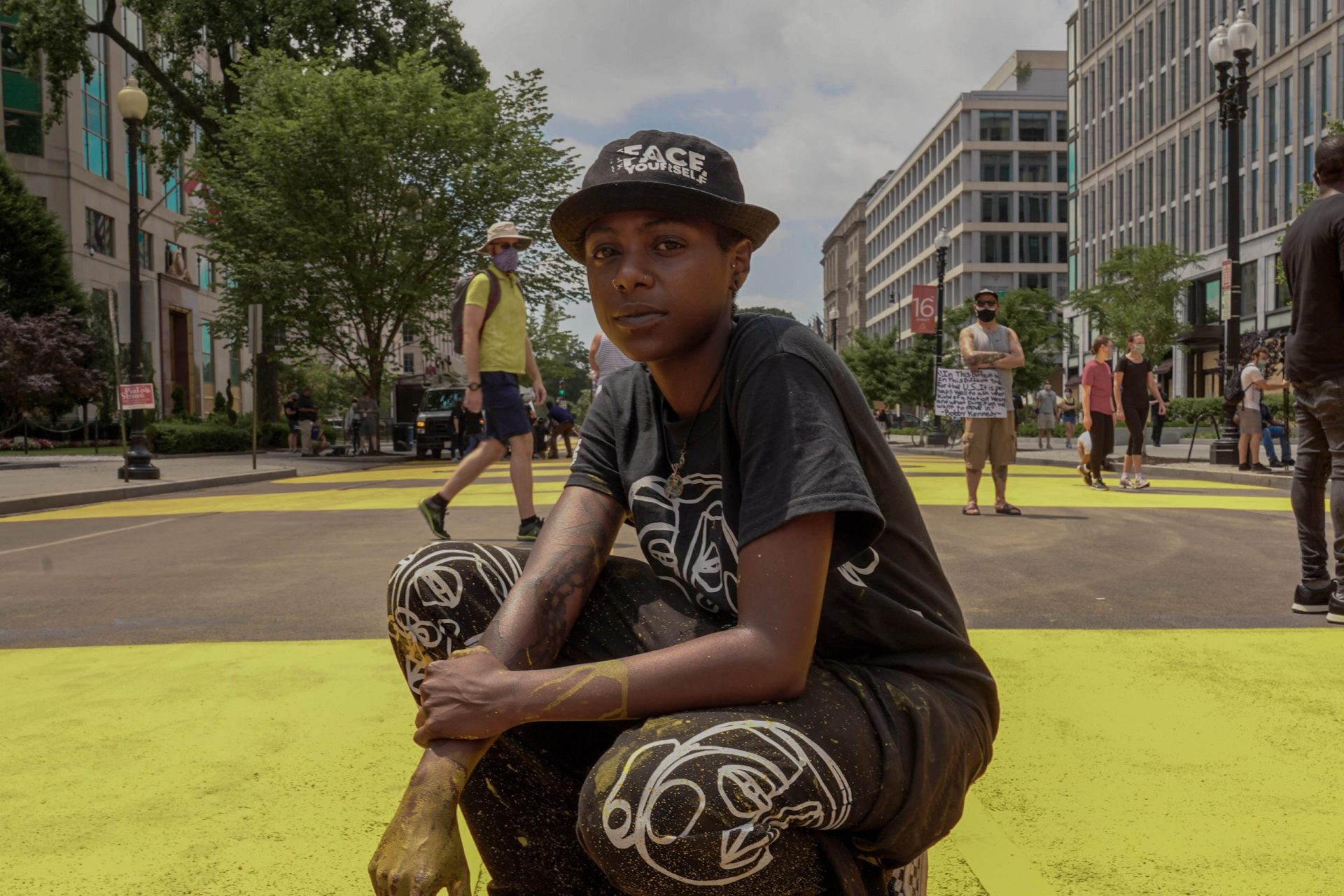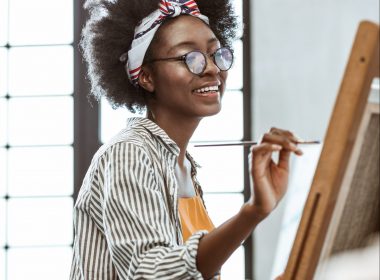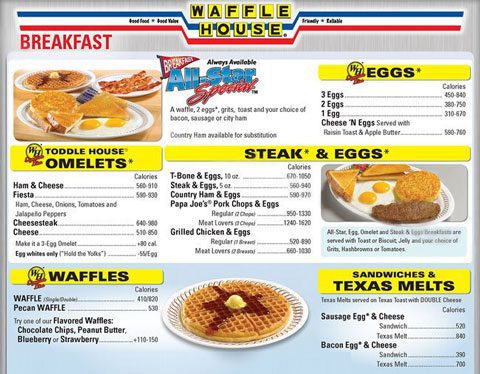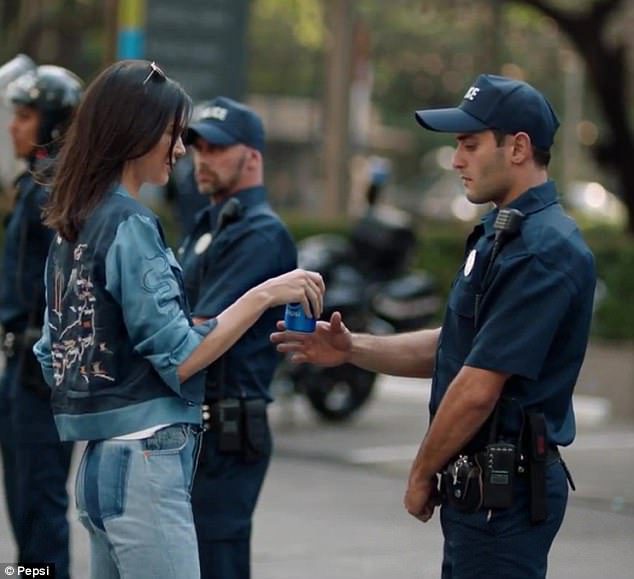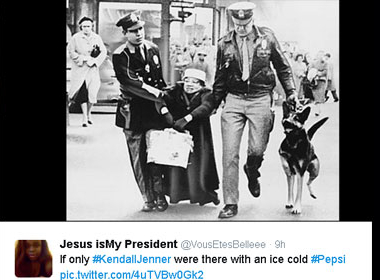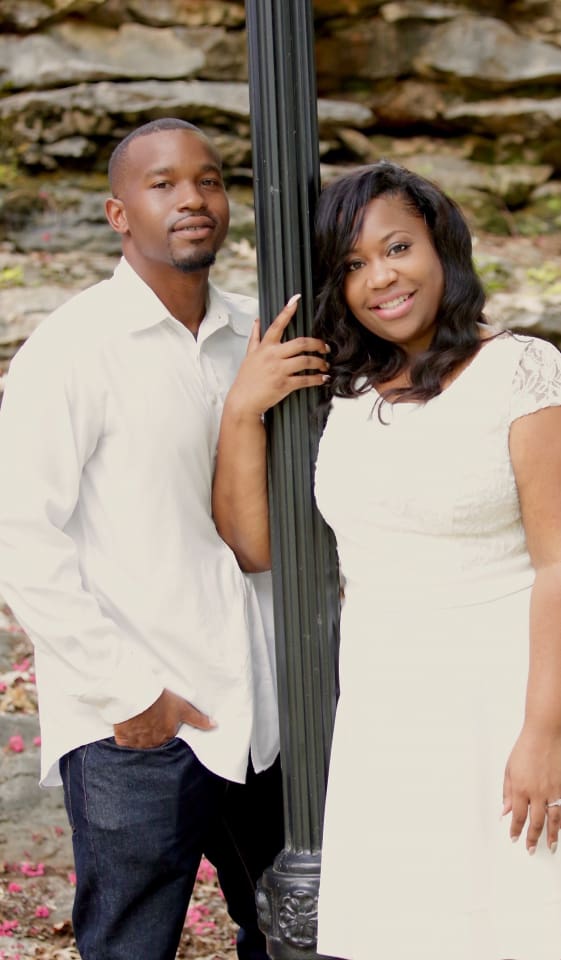
Every bride wants her wedding day to be special, beautiful and unique. One Atlanta bride-to-be has taken steps to assure that her wedding will be all that and more. Last April, when Kirstin Fredrick, a 24-year-old marketing and public relations professional, got engaged to her long time love, Maurice Carter, 27, a chef, she did what every other bride does, began to plan. Kirstin scoured the Internet, purchased mounds of bridal magazines and visited wedding shops and boutiques all over the city collecting ideas. Although there was no shortage of beautiful gowns, veils and wedding things, Kirstin felt that that special and unique element was missing.
“I’ve always been an out-of-the-box creative thinker and usually resist the status quo. I wanted to make a statement and be different, so I came up with the idea to have an all Black vendor wedding,” she said.
Being active on social media, Kirstin, like many African Americans, grew increasingly concerned about the growing number of unarmed Black males being killed by police. As a Black Lives Matter movement supporter, she was fully onboard with the buy Black and bank Black initiatives.
“Opening a bank account with a Black owned financial institution was one way to make an impact, but spending your entire $30,000 wedding budget with all Black vendors was exactly the kind of bang I was seeking,” said Kirstin. “I am no stranger to the buy Black concept, it’s been a part of my upbringing. My mother is a diversity and inclusion professional and has spent the last twenty years of her career coaching and developing minority businesses. Empowering our community was regular dinner table conversation in our home,” Kirstin said.
Once the plan was set, the next step was to find those Black vendors who could bring her dream wedding to life. In Atlanta, where Black businesses are plentiful, Kirstin had no challenges finding businesses to build her “dream team,” as she refers to them. The venue, The Lofts at Castleberry, is owned by Atlanta Black royalty, the Russell family. From the photographer to the reception musicians and caterers to the boutique where the gown was purchased, all vendors providing goods and services are African American owned and operated businesses.
“I want to be clear, I’m not sacrificing anything. The vendors that I’ve contracted with are top of their game. I visited tons of photographer’s web pages, and it was the body of work that was the deciding factor that required that we drive three hours from Atlanta to Alabama to have our engagement photo shoot done by a Black photographer. This same vendor will perform videography and photography services for the wedding.
My dream team was selected because they have the ability to bring my vision to life. And the notion that Black vendors cost more, that’s just not true. I shopped and compared pricing and they actually brought more value and savings, than some others. With the discounts and extras I received, like the free veil when I purchased my gown, we are actually on track to finish under budget. More important, I feel my vendors are fully invested partners. They are committed to assuring my wedding is exactly what I envision it to be.
Research shows that Black millennials are the main influencers in every aspect of pop culture: music, fashion and entertainment. This group has an annual buying power of $200 billion. A great deal of research has been conducted to study the lifestyles and buying habits of this valued and highly sought after consumer group. They are educated and technology savvy. They are socially aware and concerned about the corporate cultures, diversity policies and community relations efforts of the brands they support. They are brand loyal and conscientious consumers, but will abandon a brand if they feel the brand is not meeting expectations in social responsibility. But the research works both ways, 80 percent of millennials research goods and services and perform comparative analysis before spending; quality and best value is important to them.
“I don’t think spending this amount of money will be life-changing to any of these vendors, but I’m hoping that the concept will catch on. Imagine if a hundred brides did the same thing. With the increase in business, the photographer may need to hire an assistant who saves up and buys his own equipment, then he realizes his dream of starting his own photography business. That’s how the impact happens. Buying Black grows businesses and create job opportunities which result in home ownership, savings for college tuition, retirement accounts, investment portfolios, global travel – all the things hard work should afford us all. It’s simple. We should be generating wealth in our own communities. There’s nothing racist about it. It’s common sense economics.”
The need to be a part of a social movement is typical of millennial couples like Kirstin and Maurice. They are a valuable and desired demographic to cities like Atlanta. They are gainfully employed, urban professionals with discretionary income. They congregate in the city and add to the local economy by frequenting shops, bars and restaurants, and buying property. Their network of friends and associates share similar lifestyles, and they often socialize in like-minded small groups.
When asked his feelings on the wedding plans, the groom replied, “I think it’s a great idea to use all Black vendors. We didn’t attend HBCUs. I went to culinary school and she went to a public university. This may be the biggest investment we make in our community. The next big purchase will probably be a home and I’m not sure that will be a buy Black opportunity, but who knows. This feels good. It’s the right thing to do, so I’m proud of her for coming up with the idea and for being so passionate about making it happen. She’s a rainmaker and that’s one of the reasons I love her so much.”
Kirstin plans to utilize her marketing and communications skills to publish the research she has collected on planning an all Black vendor wedding.
“The average cost of a wedding is $20,000, so I feel this is an industry where we can make an impact. I’m not sure which tool I’ll use to publish my All Black Vendor Wedding Guide yet. It may become a blog, website or social media page, but I plan to share what I’ve learned with other brides to make it easier for them to plan their all-Black vendor wedding. I was taught to dream big so I’ll start with a guide in Atlanta, but I’m hoping for a snowball effect to expand into other major cities. But first things first, we have to get on the other side of our big day which is fast approaching,”Kirstin reveals.
The couple has not finalized honeymoon plans yet, but Kirstin has taken a particular interest in Jamaica. Still in research mode but she already has a list of Black travel agents that the couple will be reaching out to very soon to lock in a plan.
Although the wedding vendors are all Black, the couple say their relatives, friends and colleagues are very diverse, and the wedding guests will run the diversity gamut. “We have relatives who are Caucasian and Asian, and friends who are Hispanic, straight and gay. They are all VIPs to us and our dream team will make sure our guest have an awesome wedding experience.”
–Carlea Watkins and Kirstin Fredrick

